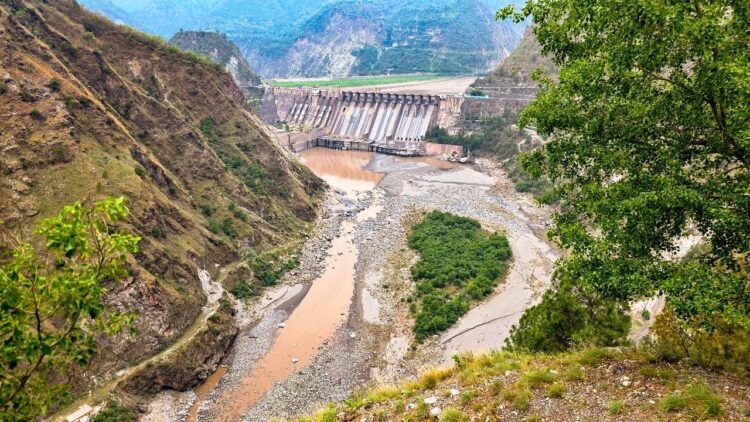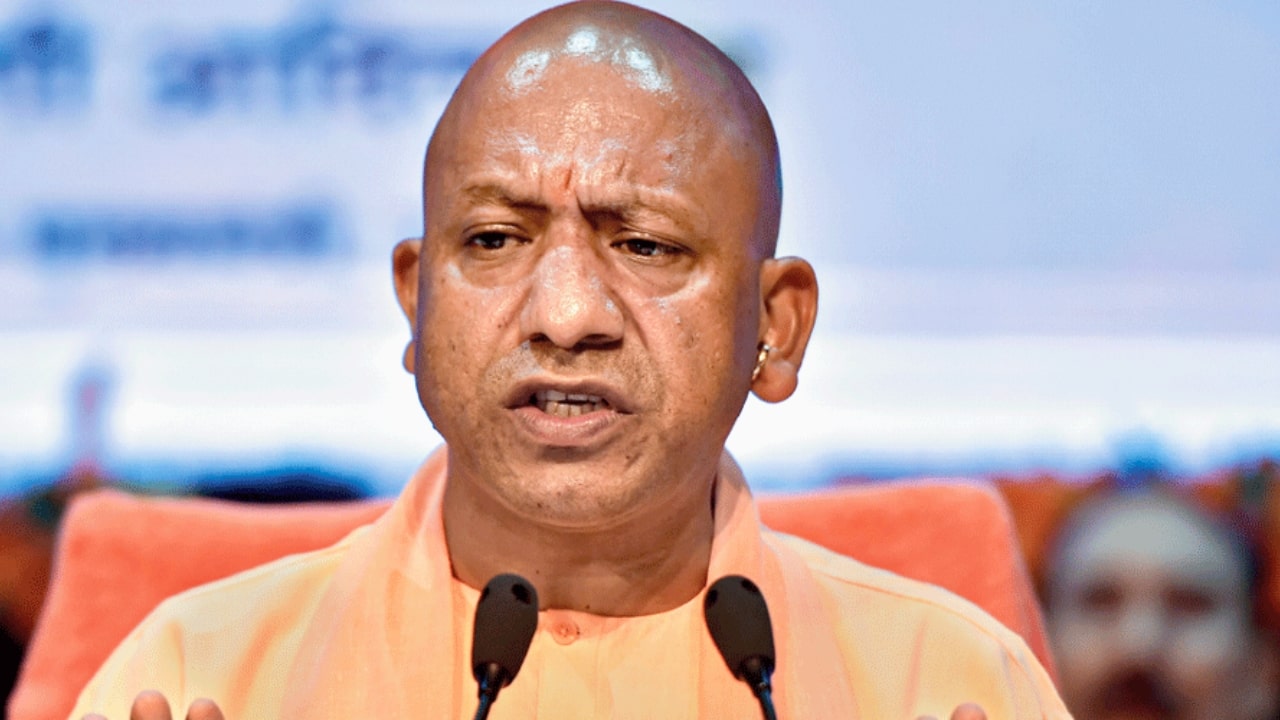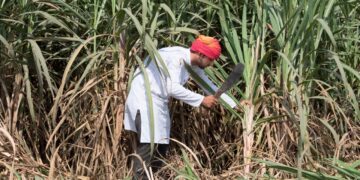Indus Water Treaty: Prime Minister Narendra Modi warned Pakistan in a Bikaner rally, saying, “If Pakistan plays with the blood of Indians, then Pakistan will not even get India’s water.” This statement indicates India has adopted a new stance regarding the Indus Water Treaty. PM Modi clarified that Operation Sindoor is not over yet; it has just stopped.
The 1960 Treaty, Which Is Now Becoming A Burden
The Indus Water Treaty was signed in 1960 between the then Prime Minister of India, Jawaharlal Nehru, and the President of Pakistan, Ayub Khan. Under this treaty, India gave Pakistan the flow of three major western rivers: the Indus, Jhelum, and Chenab.
The Treaty Was Called Unjust
This agreement has been criticised in India for years. RSS and many leaders believe that this treaty was unjust to India. Leaders like Atal Bihari Vajpayee and Narendra Modi had talked about ending it after the terrorist attacks.
“Blood and Water Cannot Flow Together”
After the 2016 Uri attack and the 2019 Pulwama attack, India started reconsidering this treaty, but no decision was taken at that time. After the Pahalgam terrorist attack on 22 April last month, India decided to “temporarily stop” the Indus Water Treaty. PM Modi said, “Blood and water cannot flow together.”
Pakistan’s Panic and Threats
The panic in Pakistan can be seen in India’s attitude. Pakistani Army spokesperson DG ISPR said, “If you stop our water, we will stop your breathing.” The language of this statement is the same as that which was earlier heard from terrorists like Hafiz Saeed.
90% of Agriculture Depends on Indus Water
Pakistani MP Syed Ali Zafar has warned, “If the water crisis is not resolved, Pakistan will starve.” Let us tell you that 90% of Pakistan’s crops and drinking water depend on the Indus River system. Farmers and opposition parties are now exerting tremendous pressure on the Pakistani government.
New Strategy Regarding Indus After Pahalgam Terrorist Attack
India has started working on projects rapidly, considering water a resource and a strategic weapon.
Kishanganga Project
- Water from the tributary of Jhelum was diverted through a 23 km long tunnel.
- This will have a direct impact on the water flow in Pakistan.
Pakal Dul Dam
- It is being built on the tributary of the Chenab.
- This 167-meter-high dam will be the first storage dam of Jammu and Kashmir.
- Expected to be completed by 2026.
Rattle Project
- An 850 MW capacity project on the Chenab River.
- This is an important step towards controlling water.
Stop When You Want and Release When You Want
Now, India is not legally obligated to tell Pakistan when the water will be stopped and released. This strategy will keep Pakistan’s floods and droughts uncertain, which gives India a strategic advantage.
Decisive Year For India-Pak Water Conflict?
Many Indian water projects must be completed by 2026. This year can prove to be a turning point in India-Pak relations. India is now using water as a diplomatic weapon, and the coming years can be full of water crises and instability for Pakistan.
Does Pakistan Have No Option?
Prime Minister Modi’s message is clear: “The country that sheds blood against India cannot be entitled to India’s water.” Now, India is establishing its diplomatic dominance through the flow of rivers. Pakistan may face crises like hunger, drought, and rebellion in the coming years.










